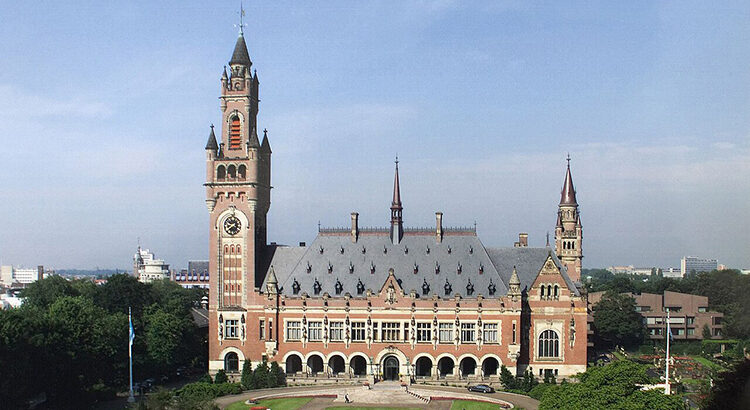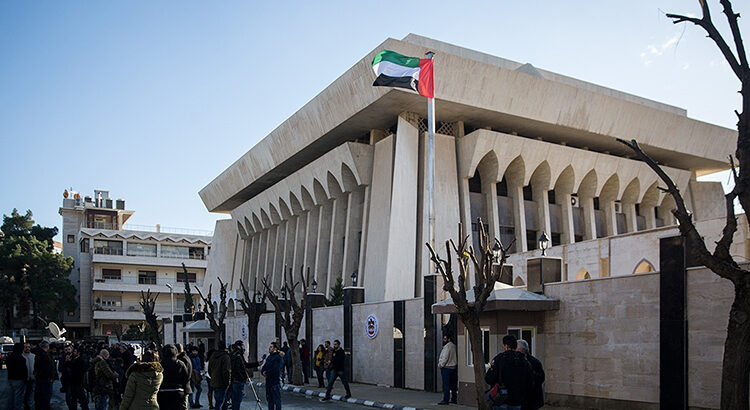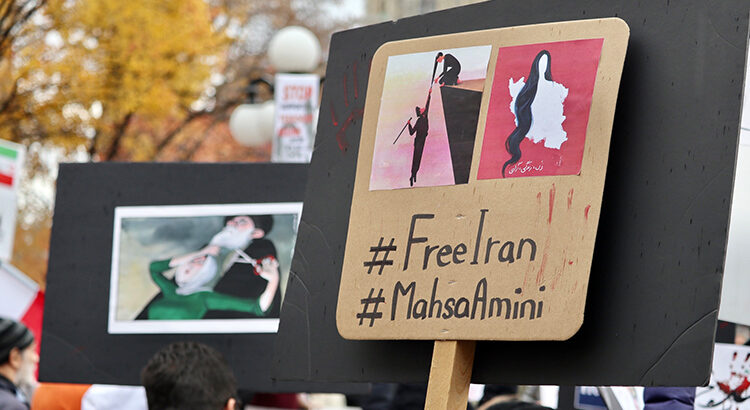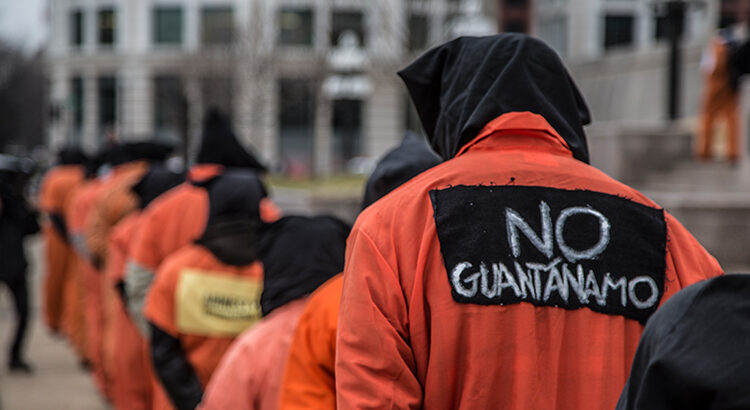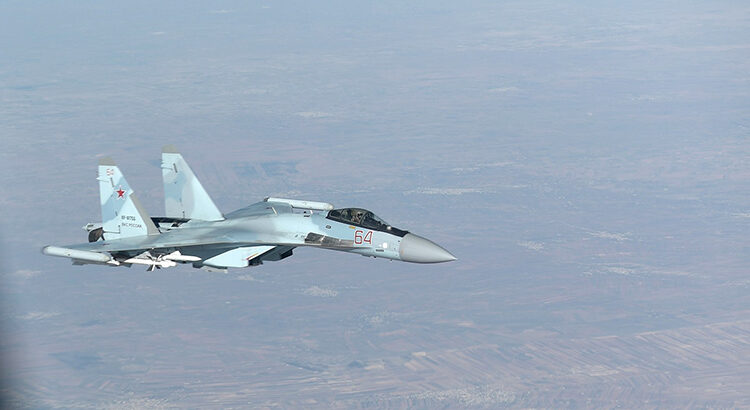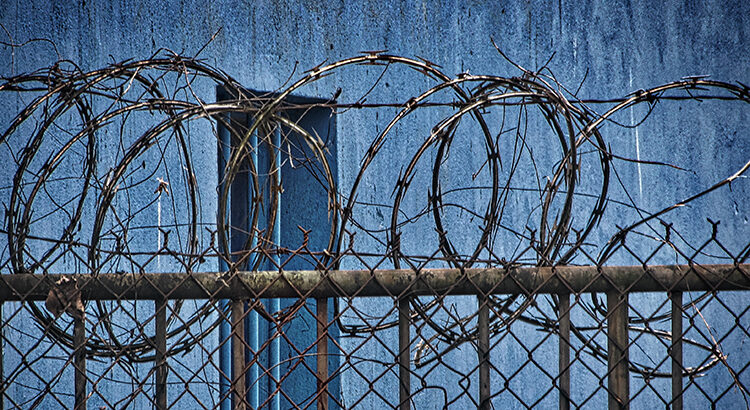On the 8th of June 2023, Canada and the Netherlands initiated proceedings at the International Court of Justice (ICJ) against Syria for violating the Convention against Torture (CAT) by inter alia using chemical weapons against the civilian population. This would be the first time ever that the ICJ had the opportunity to deal with chemical weapons in contentious proceedings. This blog post will briefly summarize the most pertinent legal questions and political implications that arise in the context of the ICJ proceedings. It will be demonstrated that the prohibition of chemical weapons is not based on a single legal framework. Rather, we need to look at the chemical weapons taboo comprehensively and from a perspective of multi-normativity.
Schlagwort: Syrien
Arab States’ Incentives Towards (not) Normalizing Relations with Syria – Islamists and Drug Trafficking?
Syria has returned to the stage of regional diplomacy with the readmission of Damascus to the Arab League after a 12-year suspension. The country’s comeback is the outcome of regional diplomatic efforts that started in 2018 but reached their climax after the devastating earthquake in Syria and Turkey in February. Normalization with Syria comes without any accountability for the crimes the Syrian regime has committed against its own people nor a change in behavior that would signal the end of the suffering of Syrians. We argue that despite international and regional factors setting the stage, domestic factors are Arab states’ main incentives for normalization.
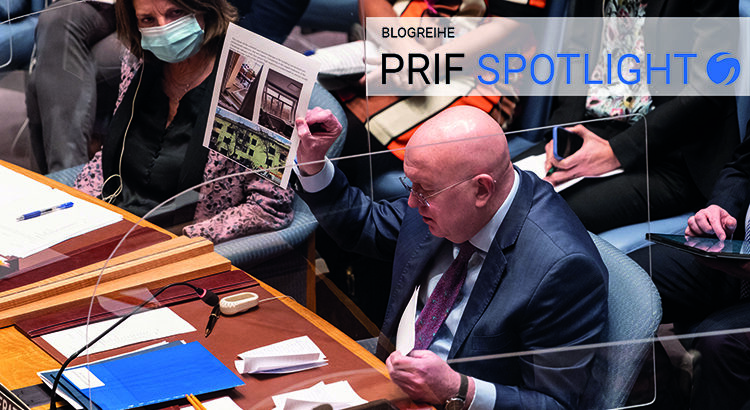
Muddying the Waters: Official Russian Disinformation on Chemical and Biologial Weapons
In the wake of Russia’s invasion of Ukraine, chemical and biological weapons have once again attracted international attention due to disinformation efforts on the part of Russian officials. International forums which oversee the ban on these weapons are being used to accuse Ukraine and its allies of violating their legal obligations. Many of Russia’s accusations regarding chemical weapons resemble the patterns of deception observed in the past, while disinformation on biological weapons is displaying somewhat novel characteristics. Yet, there are tangible ways of counteracting such disinformation, thereby protecting the ban on chemical and biological weapons.
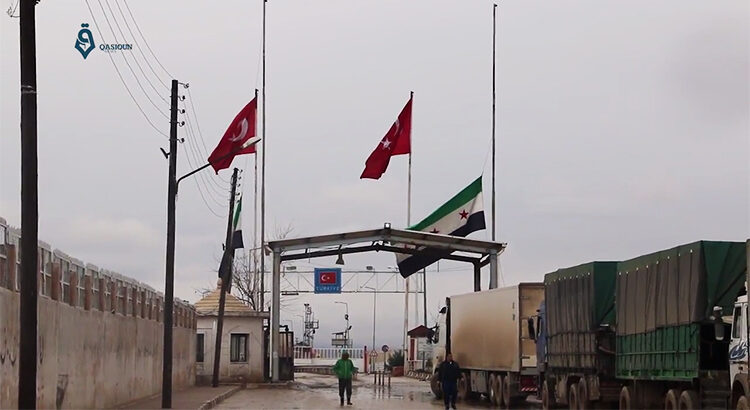
Eine politische Naturkatastrophe in Nordwestsyrien – das Erdbeben und das Versagen der internationalen Gemeinschaft
In den frühen Morgenstunden des 6. Februar verwüsteten ein Erdbeben der Stärke 7.8 und mehrere Nachbeben das syrisch-türkische Grenzgebiet. Fast 40.000 Menschen haben bisher in beiden Ländern ihr Leben verloren, darunter mehr als 3500 in Syrien. Ein weiterer Anstieg der Todeszahlen wird befürchtet. Die bisherigen Schätzungen legen nahe, dass die meisten Toten und Verletzten innerhalb Syriens im von Rebellen kontrollierten Nordwesten des Landes zu beklagen sind, der schon zuvor durch Jahre des Krieges und der gezielten Zerstörung von Infrastruktur durch die syrische Regierung und Russland extrem gelitten hatte. Erneut hat die internationale Gemeinschaft die Menschen in Nordwestsyrien im Stich gelassen.
Will the Protests in Iran Change Regional Power Dynamics in the Middle East?
Images of Iranian women burning their hijab in the last four weeks demonstrates the unraveling of the ideological foundations of the Islamic Republic. This discontent, however, extends beyond Iran’s borders, and has strained the relationship with its regional clients. We argue that the ongoing demonstrations in Iran may exacerbate Iran’s already-shifting regional position, as the ongoing protests both question the legitimacy of the regime within and outside the country, and further weaken Iran’s capacity to support its clients in the Middle East.
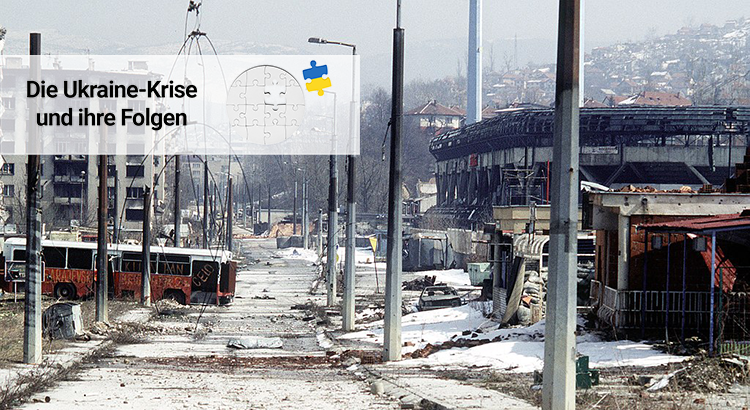
Blick zurück nach vorn: Was droht bei einer Belagerung ukrainischer Städte?
Bei ihrem Überfall auf die Ukraine sind die russischen Truppen auf größeren Widerstand gestoßen als von ihrer Führung offenbar erwartet. Kiew und andere Städte stehen weiterhin unter Kontrolle ukrainischer Kräfte. Wie das russische Militär darauf reagieren wird, ist offen. Möglicherweise sieht es zunächst von Versuchen ab, stark verteidigte Städte vollständig einzunehmen, und setzt stattdessen auf deren Belagerung, die mit massivem Beschuss einhergeht. Was dann den Menschen in Kiew und anderswo in unmittelbarer Zukunft droht, zeigt ein Blick zurück auf die Belagerungen von Sarajevo in Bosnien-Herzegowina sowie Ost-Ghouta und Aleppo in Syrien.
A Guantánamo in Syria for European Jihadists is not a Solution
Despite previous European calls for the US to close Guantanamo Bay detention camp, established twenty years ago, several European countries are using similar de facto detention camps in Syria. This blog-post argues that detention camps controlled by Kurdish forces in northeast Syria are a security risk rather than a solution. Aside from humanitarian and legal arguments usually made in this context, recent developments in northeast Syria show that Islamic State of Iraq and Syria (ISIS) is regrouping, illustrated by its high scale attack on the Ghweran prison in Al-Hasaka, in January 2022.
Counter-Terrorism for Peace – Syria between the Russian-Led Coercive Peace and the United States’ Withdrawal
After the fifth round of the UN-led Constitutional Committee for Syria in January 2021, the UN Special Envoy for Syria, Geir Pederson, eventually announced that they failed to draft a new charter for the Syrian constitution. Further UN-led negotiations were postponed after the Russian-led meeting in Sochi which took place on February 16 and 17. This blog presents the latest developments of the parallel processes of peace talks for Syria, arguing that the United States’ uncertainty in the region is leading to more success of the Russian-led Astana format. This comes not only at the cost of UN-led engagement in Syria but also risks the lives of the population in Idlib as regional counter-terrorism plans are a central issue in the current peace talks.
Why not to deport suspected ‘terrorists’ to Syria: a security perspective
In their meeting in December 2020, German interior ministers decided not to prolong the general ban on deportation to Syria in place since 2012, which makes Germany among the first European countries to take this controversial move. Refugees with a criminal record and suspects of planning terrorist attacks, the so-called ‘Gefährder’ are facing possible deportation to Syria. Building up on a discussion of Syria’s ambiguous historical relationships with militant Islamists, this blog post argues that sending suspected terrorists back to Syria does not serve a long-term goal of countering violent extremism.
Fortschritt mit Nebenwirkungen – Neue Untersuchungsergebnisse zu Chemiewaffeneinsätzen in Syrien
Um das Thema Chemiewaffeneinsätze in Syrien ist es im letzten Jahr in den Medien ruhiger geworden. In Den Haag, dem Sitz der Organisation für das Verbot chemischer Waffen (OVCW), gab es dagegen hitzige Auseinandersetzungen um die Einrichtung eines Investigationsteams, das die Verantwortlichen für solche Einsätze identifizieren soll und eigentlich die internationale Chemiewaffenkontrolle stärkt. Allerdings verschärften sich darüber die ohnehin tiefen Spannungen zwischen den Befürwortern und Kritikern der Entscheidung – mit potenziell negativen Auswirkungen auf die Arbeit der OVCW. Im April hat das neue Investigationsteam nun seinen ersten Bericht vorgelegt.
